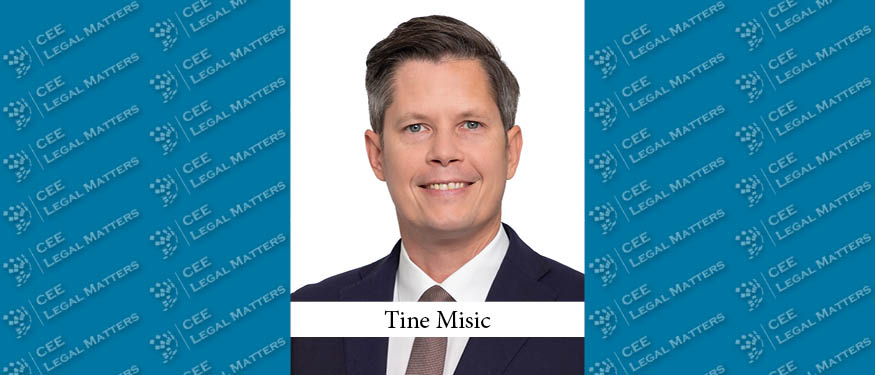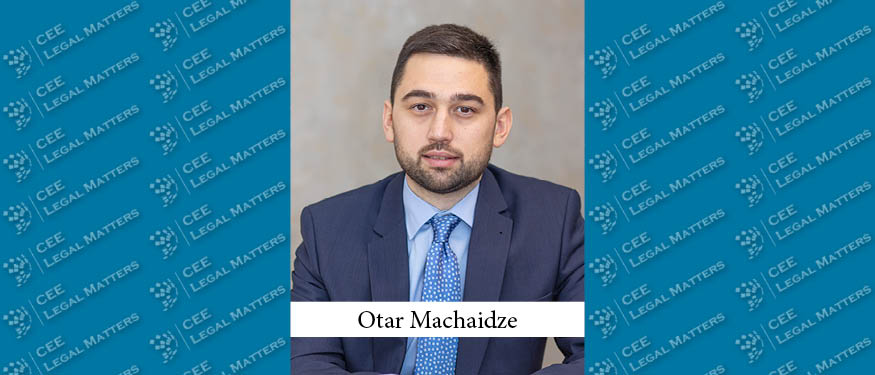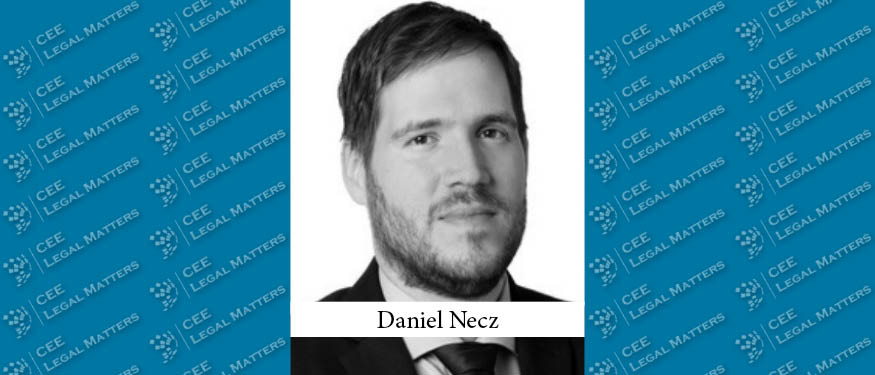In a recent update to the VAT Act in Slovenia, notable amendments have been introduced, particularly focusing on services in the public interest. Article 42(1)(5) of the VAT Act has changed, emphasizing VAT exemptions exclusively for services provided within activities deemed in the public interest.
The amendment concerns exempt services in the public interest, as Article 42(1)(5) of the VAT Act has been amended.
The provision of Article 42(5)(1) of the VAT Act has been supplemented by adding that VAT is exempted on services supplied by independent groups of persons to their members whose activities are exempt from VAT or are non-taxable and which are directly intended for the pursuit of their activities, provided that such groups only require their members to pay their share of the total costs and that such exemption is not likely to lead to distortions of competition. Under the new provision, only services provided in the context of an activity in the public interest will be exempt.
Other changes concern payment service providers, who have to report to the Slovenian Tax authority from 1 January 2024 if a payee in Slovenia receives more than 25 payments from abroad in a calendar quarter. The purpose of this provision is to detect providers of distance sales of goods who do not pay VAT in the relevant country.
In Slovenia, payment service providers are obliged to report to the Slovenian Tax authority, which will be in electronic form, if sellers in Slovenia receive more than 25 payments from abroad in a calendar quarter. In this way, it will be possible to identify sellers based in Slovenia who receive payments from abroad related to the distance sales of goods. This information will be exchanged between our Tax authority and foreign institutions. After the exchange, the foreign tax administration will probably check whether the payments received in Slovenia relate to the distance sales of goods. If an entity from Slovenia is distance selling to an EU country and should have identified itself for VAT purposes, but did not, the new CESOP (the EU’s new Central Electronic System of Payment information) reporting will make it easier to detect it and collect the relevant VAT from it.
The information in this document does not constitute legal advice on any particular matter and is provided for general informational purposes only.
By Igor Angelovski, Partner, and Marusa Pozvek, Tax Law Expert, Ketler & Partners, member of Karanovic & Partners
















